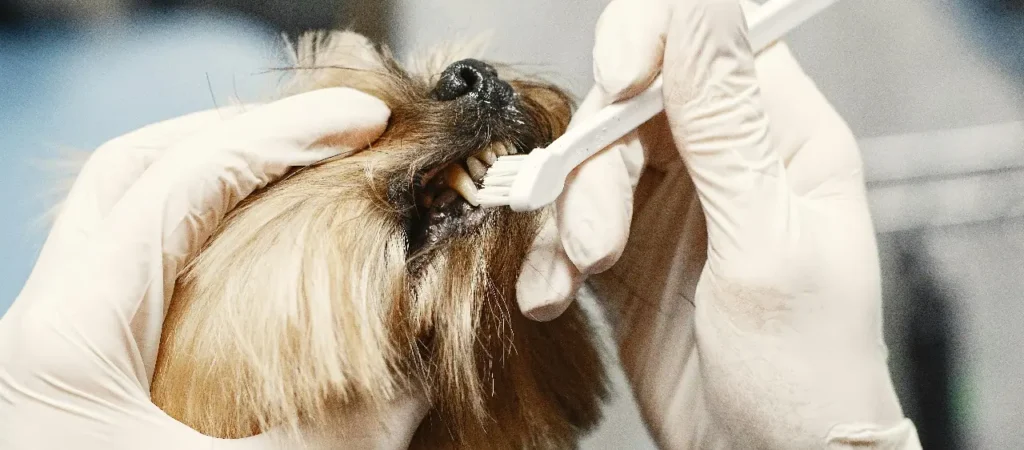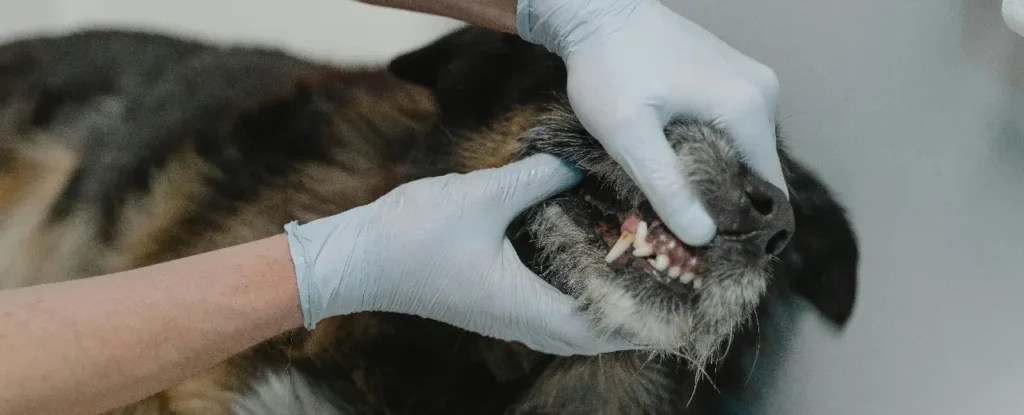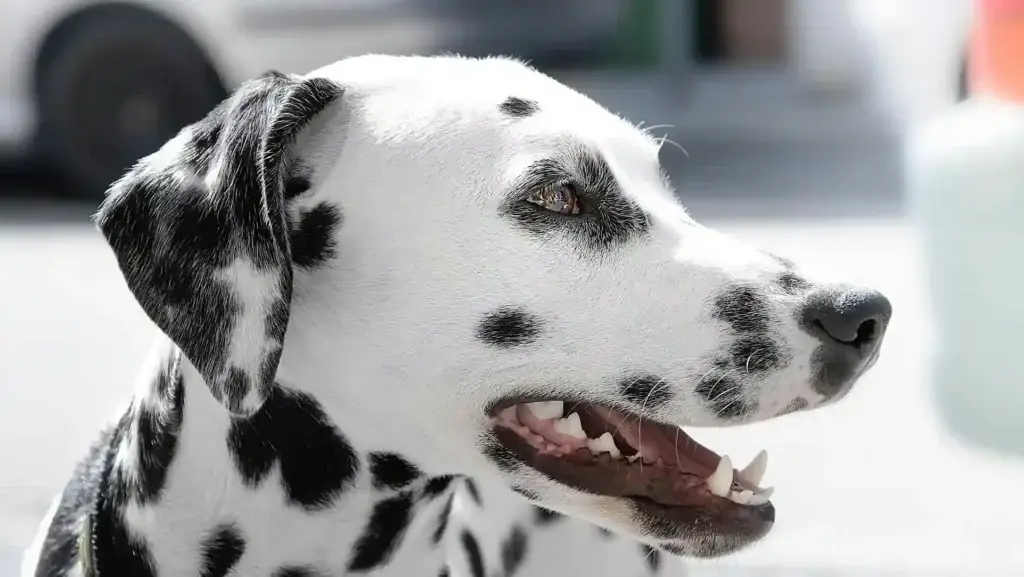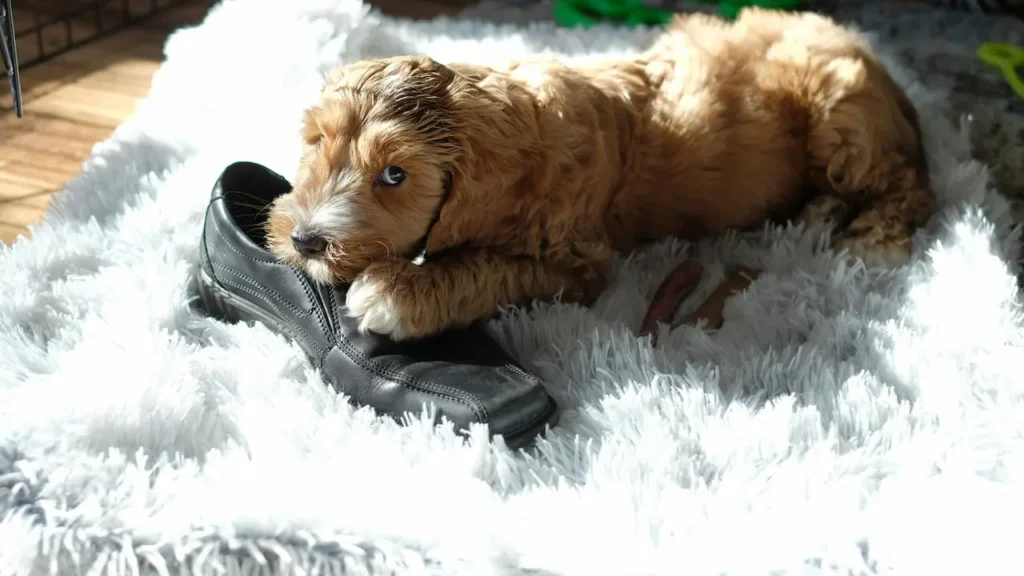As pet owners, we strive our best to provide our dogs with the best care possible. Just like humans, dogs need regular dental care to maintain strong teeth and gums. Poor dental hygiene can lead to painful conditions such as gum disease, tooth loss, and even more serious health issues like heart disease. In this article, we will walk you through the importance of dog dental care and offer tips on how to keep your dog’s teeth clean and healthy.
Why Is Dental Care Important for Dogs?
Dental health is essential for your dog’s overall well-being. Over time, plaque and tartar build up on your dog’s teeth, leading to gingivitis (inflammation of the gums) and periodontal disease (infection of the teeth and gums). If left untreated, these conditions can cause your dog pain, difficulty eating, and bad breath.
Dental hygiene is as important to your pets’ overall health as nutrition and exercise. Gum inflammation and tooth loss can be very painful to your animals and costly to treat, but they also can lead to more serious conditions, including damage to the heart, lungs and kidneys.
By taking care of your dog‘s teeth, you can avoid these health risks and ensure that your dog remains comfortable and happy. Dental problems often develop very slowly. So, it is wise to have regular dental check up with your dog’s veterinarian to reduce the chances of costly treatments due to dental disease.
Signs of Poor Dental Health in Dogs
Before diving into how to take care of your dog’s teeth, it’s important to recognize the signs that your dog may already have dental issues. Common signs of poor dental health in dogs include:
- Bad breath (halitosis)
- Yellow or brown tartar on the teeth
- Red or swollen gums
- Difficulty eating or chewing
- Excessive drooling
- Pawing at the mouth or face
- Discolored or loose teeth
Dr. Deborah Linder, DVM, a veterinary nutritionist, recommends paying attention to the following signs: bad breath, difficulty eating, drooling, swollen or bleeding gums, and excessive tartar or plaque buildup.
If you notice any of these symptoms, it’s important to schedule a visit to the vet for a professional dental exam. Early detection and treatment can prevent serious complications
How to Take Care of Your Dog’s Teeth?
Now, let’s look at some practical ways to maintain your dog’s dental health and keep their teeth clean.
Brush Your Dog’s Teeth Regularly

Brushing your dog’s teeth is the most effective way to prevent plaque buildup and reduce the risk of gum disease. Just like humans, brushing helps remove food particles and bacteria that contribute to plaque and tartar.
For many dogs, they will begin to expect and enjoy it once brushing becomes a part of their daily routine. Brushing three times a week is the minimum recommendation to help remove plaque and prevent tartar accumulation. Teach your dog to accept tooth brushing while he is still a puppy.
Dr. Samantha Hines, a veterinary dentist, suggests starting dental care as soon as your puppy’s adult teeth come in, which usually happens around six months. “Introducing dental care early makes it easier for puppies to accept brushing and other dental routines later in life,” she says.
How to do it | Use a toothbrush and toothpaste designed specifically for dogs. Never use human toothpaste, as it contains ingredients that can harm your pet if swallowed. Dog toothpaste comes in many flavors – beef, chicken, peanut butter. Start by gently introducing your dog to the toothbrush. It might take a few tries before your dog gets comfortable, so be patient and use positive reinforcement, like treats or praise. To remove plaque and tartar from teeth, you can either use a circular or up-and-down motion to brush the teeth. |
How often to brush | Ideally, you should brush your dog’s teeth every day. If that’s not possible, aim for at least 3-4 times a week. |
Dr. Jessica Vogelsang, DVM, a veterinary expert, recommends brushing your dog’s teeth at least 3-4 times a week, but ideally every day. “Brushing removes plaque before it has a chance to harden into tartar, which is a key factor in preventing dental issues,” she says.
Provide Dental Chews and Toys
Dental chews and toys are a great way to keep your dog’s teeth clean while satisfying their natural chewing instinct. Some types of dog dental chews and diets can reduce plaque by nearly 70%. One study found that increasing the diameter of kibble by 50% led to a 42% reduction in tartar.
Many dog toys and chews are designed to reduce plaque and tartar buildup as your dog chews on them. Dog dental chews encourage blood flow through the gums.
Dr. Lisa Freeman, DVM, PhD, and board-certified veterinary nutritionist, says, “Dental chews that are approved by the Veterinary Oral Health Council (VOHC) can help reduce plaque and tartar. They are a great addition to regular brushing but should not replace it.”
Dental chews | Look for chews that are specifically made for dental health. Greenies®, Del Monte Tartar Check® Dog Biscuits, Bright Bites, OraVet® Dental Hygiene Chews, and Vetradent Dog Chews are examples of edible products approved by the VOHC. These can help scrub the teeth as your dog chews, reducing plaque and promoting fresh breath. |
Toys | Rubber or nylon chew toys with grooves and ridges are ideal for massaging your dog’s gums and cleaning their teeth. Some even have nubs designed to break down plaque. Hard chew toys may reduce unpleasant bad breath. |
Just be sure to supervise your dog while they chew to ensure they don’t swallow large pieces that could cause choking.
Give Your Dog a Special Diet or Dental Treats
There are specially formulated dog foods and treats that help promote oral health. These products often contain ingredients designed to reduce plaque buildup, freshen breath, and support gum health.
Scientific research has shown that an adult dog’s daily diet can contain up to 50% carbohydrates by weight, including 2.5–4.5% from fiber. A minimum of approximately 5.5% of the diet should come from fats and 10% from protein.
Dr. Gary Richter, a veterinary expert and author of The Ultimate Pet Health Guide, explains, “A diet rich in high-quality protein and low in carbohydrates is beneficial for your dog’s teeth. Avoid feeding sugary treats and human food that can contribute to plaque and tartar.”
Dental-specific dog food | Opt for dog foods that contain real meat, fatty acids, and vitamins which can help ensure healthy teeth. Many dog food companies offer foods that are specific to the dental health of your dog through their nutrition content and the size and shape of the kibble itself. |
Dental treats | Treats like Greenies or other dental chews can be given occasionally to help with your dog’s oral hygiene. These treats are often designed to be chewy or crunchy to aid in the cleaning process. Soft and easy-to-chew foods can make it easier for your dog to eat. These include canned foods, which are softer than dry kibble, and raw diet frozen blends or cooked meats that you prepare yourself. |
Remember, dental treats should not replace regular brushing but can be used as a supplement to your dog’s dental routine.
Schedule Professional Dental Cleanings

Even with regular brushing, plaque and tartar can still accumulate in areas that are difficult to reach. That’s why professional dental cleanings are an essential part of your dog’s oral care. Your veterinarian can perform a thorough cleaning under anesthesia, ensuring that even the hard-to-reach areas are cleaned properly.
How often | Depending on your dog’s age, breed, and oral health, your vet may recommend a professional cleaning every 1 to 2 years. Some breeds are more prone to dental disease than others. Your veterinarian will recommend the best dental cleaning frequency for your pet. |
Why it’s important | A professional cleaning helps prevent serious dental conditions like periodontal disease and tooth loss. As many as 80% of dogs have some form of periodical disease by the time they are just two years old. Your vet may also identify any underlying issues, such as infected teeth or gums, during the cleaning. |
Monitor Your Dog’s Diet
What your dog eats can impact their dental health. A diet that’s too soft can contribute to plaque buildup. On the other hand, a crunchy or hard diet can help scrub your dog’s teeth while they chew.
Dry kibble | Incorporating dry kibble into your dog’s diet may help reduce plaque buildup compared to a diet of solely canned food. |
Avoid sugary treats | Just like in humans, sugary treats can contribute to tooth decay. Choose treats that are designed to be safe for your dog’s teeth, and avoid giving them sugary human snacks. |
Use Water Additives or Oral Sprays
Water additives are like mouthwash for dogs. For dogs that aren’t fans of brushing, there are water additives and oral sprays that can help maintain their oral hygiene. Water additives contain enzymatic ingredients that are supposed to break down tartar and eliminate bad breath. Many dental experts say that adding a water additive to your dog’s drinking bowl each day can help improve their oral health.
Dr. Katie Grzyb, DVM, says, “Oral water additives can help reduce plaque buildup and control bad breath. While they are not a substitute for brushing, they are a good supplementary tool to improve your dog’s overall oral hygiene.”
Water additives | Look for veterinary-approved water additives that are safe for your dog to ingest and help promote oral health. Some water additives use green tea to combat plaque and tartar, while others recommend zinc. |
Oral sprays | These sprays can be used to freshen breath and kill bacteria in your dog’s mouth. |
Conclusion
Taking care of your dog’s teeth is an important part of their overall health and happiness. By brushing their teeth regularly, providing dental chews and toys, offering a dental-friendly diet, and scheduling professional cleanings, you can ensure your dog’s teeth stay healthy for years to come. Remember, regular dental care not only prevents painful conditions like gum disease and tooth loss but also contributes to your dog’s overall well-being.
Note: Always consult with your veterinarian for personalized advice regarding your dog’s dental care.




